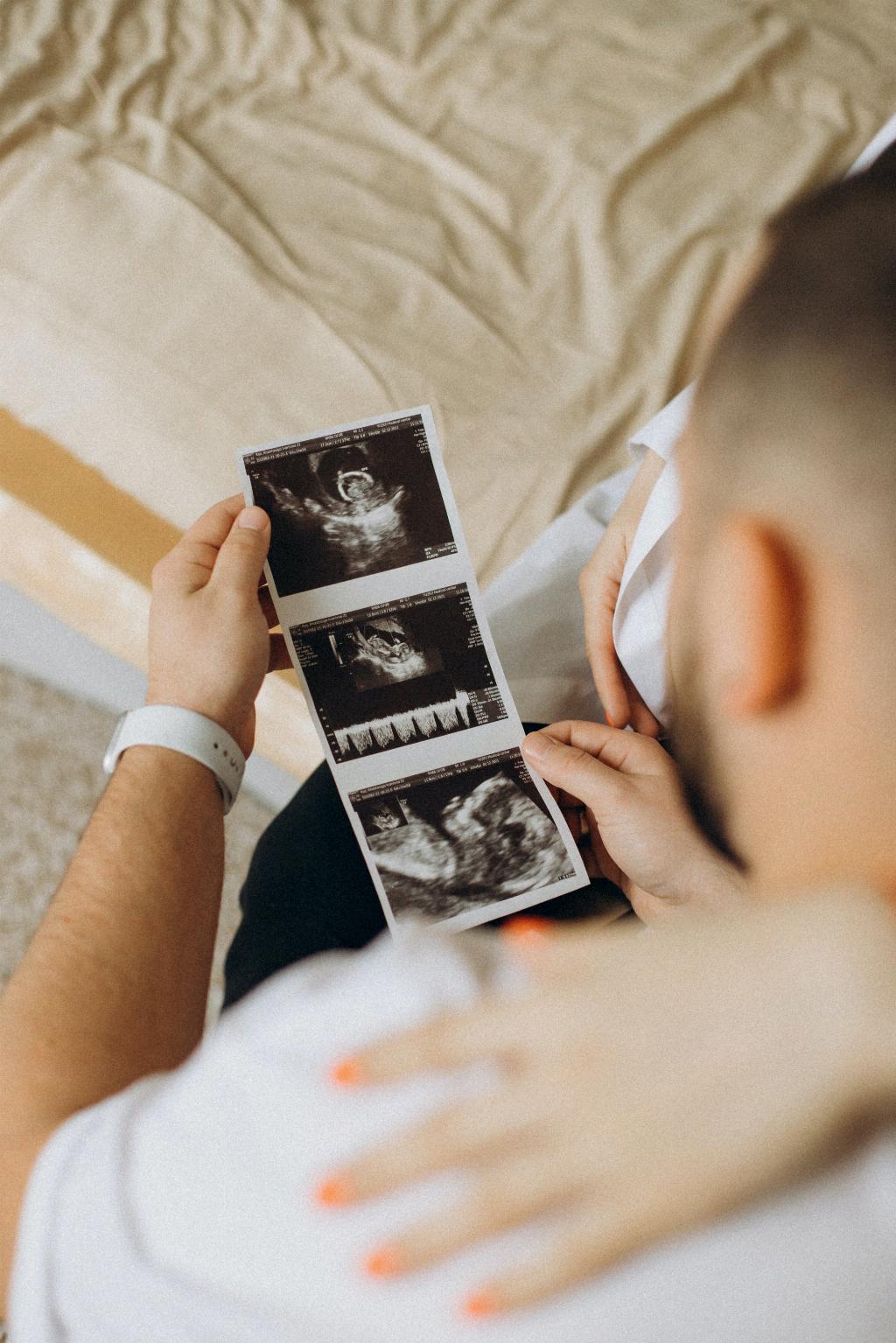For many women, the thought of experiencing their first period after a C-section can be a source of uncertainty and curiosity. It’s natural to wonder how the body will respond to this significant event, especially considering the impact of the surgical procedure on the reproductive system.
Factors Influencing Post-C-section Periods
Research has indicated that the scarring from a C-section can potentially affect period pain and flow. This scarring may lead to increased discomfort during menstruation, although experiences can vary widely among individuals. It’s essential to recognize that every woman’s body is unique, and factors such as healing time and individual sensitivity play a role in determining the postpartum period experience.
Similarities to Pre-Pregnancy Symptoms
Generally, the symptoms of your first period after a C-section will resemble those you experienced before pregnancy. If you are accustomed to dealing with cramps and other menstrual discomforts, you may find that these symptoms return following childbirth. The body’s hormonal fluctuations and the shedding of the uterine lining contribute to these familiar sensations.
Varied Experiences
While some women report that their period pain worsens after a C-section, others have shared experiences of improvement in their menstrual symptoms. It’s important to approach this transition with an open mind and without undue anxiety, as each person’s journey is unique.
Postpartum Hormonal Changes
After giving birth, the body undergoes significant hormonal shifts as it adjusts to the demands of motherhood. These changes can affect the menstrual cycle, leading to irregularities in the timing and intensity of periods. Don’t be alarmed if your first postpartum period differs from your pre-pregnancy experiences.
Communication with Healthcare Providers
If you have concerns about your first period after a C-section, don’t hesitate to discuss them with your healthcare provider. Open communication can provide reassurance and guidance on managing any discomfort or unusual symptoms you may encounter.
Self-Care Strategies
Implementing self-care practices can help ease the transition into postpartum menstruation. Staying hydrated, practicing relaxation techniques, and maintaining a balanced diet can support your overall well-being during this period of change.
Emotional Considerations
It’s important to acknowledge the emotional aspects of resuming menstruation after childbirth. Your first period may evoke a range of feelings, from nostalgia for your pre-pregnancy routine to gratitude for your body’s resilience. Give yourself permission to process these emotions without judgment.
Managing Discomfort
If you experience heightened period pain or discomfort after a C-section, explore various methods of relief to find what works best for you. Heat therapy, over-the-counter pain medication, and gentle exercise can all contribute to alleviating symptoms and promoting comfort.
Support Network
Surround yourself with a supportive network of family and friends as you navigate the physical and emotional changes associated with postpartum menstruation. Sharing your experiences and seeking advice from loved ones can foster a sense of connection and understanding.
Patience and Self-Care
Be patient with yourself as you adapt to the nuances of postpartum menstruation after a C-section. Remember that your body has undergone a remarkable journey, and it’s essential to prioritize self-care and kindness as you embrace this new chapter of your reproductive health.
Conclusion
Your first period after a C-section is a significant milestone in your postpartum journey. By approaching this experience with mindfulness, self-compassion, and a willingness to seek support when needed, you can navigate the changes with resilience and grace. Embrace the complexities of this transition as an opportunity for growth and self-discovery.

